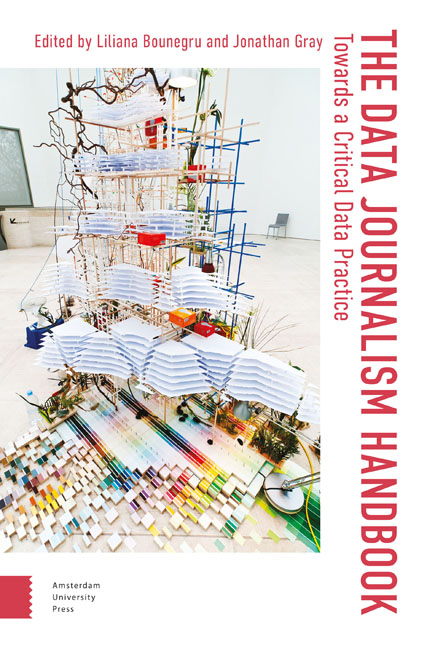48 - Genealogies of Data Journalism
Summary
Abstract
This chapter takes a critical and historical look at data journalism.
Keywords: genealogy, data journalism, history, uncertainty, computational journalism, precision journalism
Introduction
Why should anyone care about the history of data journalism? Not only is “history” a rather academic and abstract topic for most people, it might seem particularly remote for working data journalists with a job to do. Journalists, working under tight deadlines and with a goal of conveying complicated information quickly and understandably to as many readers as possible, can be understandably averse to wasting too much time on self-reflection. More often than not, this reluctance to “navel-gaze” is an admirable quality; when it comes to the practices and concepts of data journalism and computational reporting, however, a hostility towards historical thinking can be a detriment that hampers the production of quality journalism itself.
Data journalism may be the most powerful form of collective journalistic sense making in the world today. At the very least, it may be the most positive and positivistic form of journalism. This power (the capacity of data journalism to create high-quality journalism, along with the rhetorical force of the data journalism model), positivity (most data journalists have high hopes for the future of their particular subfield, convinced it is on the rise) and positivism (data reporters are strong believers in the ability of method-guided research to capture real and provable facts about the world) create what I would call an empirically self-assured profession. One consequence of this self-assurance, I would argue, is that it can also create a Whiggish assumption that data journalism is always improving and improving the world. Such an attitude can lead to arrogance and a lack of critical self-reflexivity, and make journalism more like the institutions it spends its time calling to account.
In this chapter I want to argue that a better attention to history can actually improve the day-to-day workings of data journalism. By understanding that their processes and practices have a history, data journalists can open their minds to the fact that things in the present could be done differently because they might have once been otherwise. In particular, data journalists might think harder about how to creatively represent uncertainty in their empirical work. They might consider techniques through which to draw in readers of different political sensibilities and persuasions that go beyond simply stating factual evidence.
- Type
- Chapter
- Information
- The Data Journalism HandbookTowards A Critical Data Practice, pp. 351 - 359Publisher: Amsterdam University PressPrint publication year: 2021



